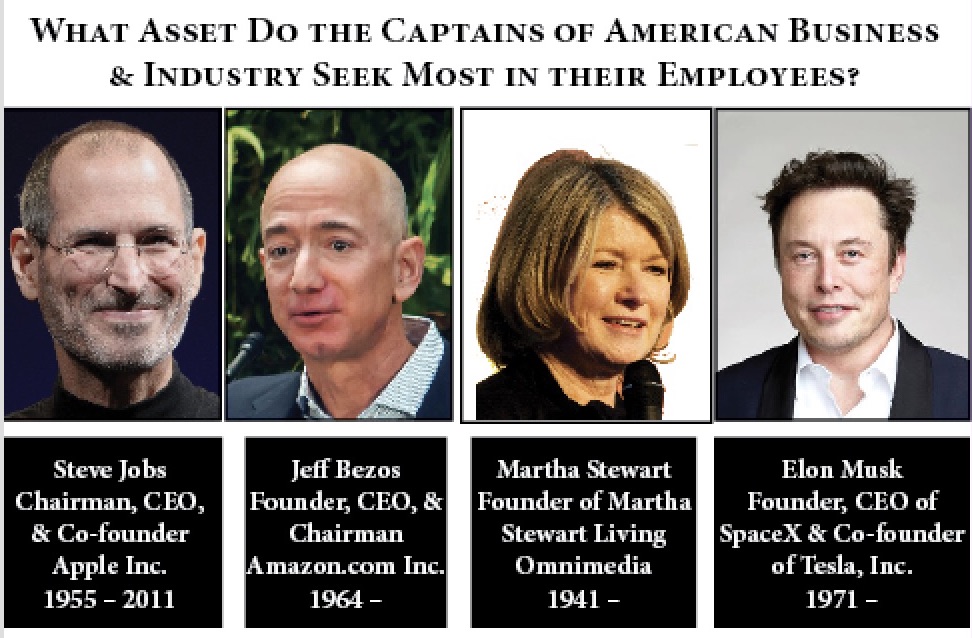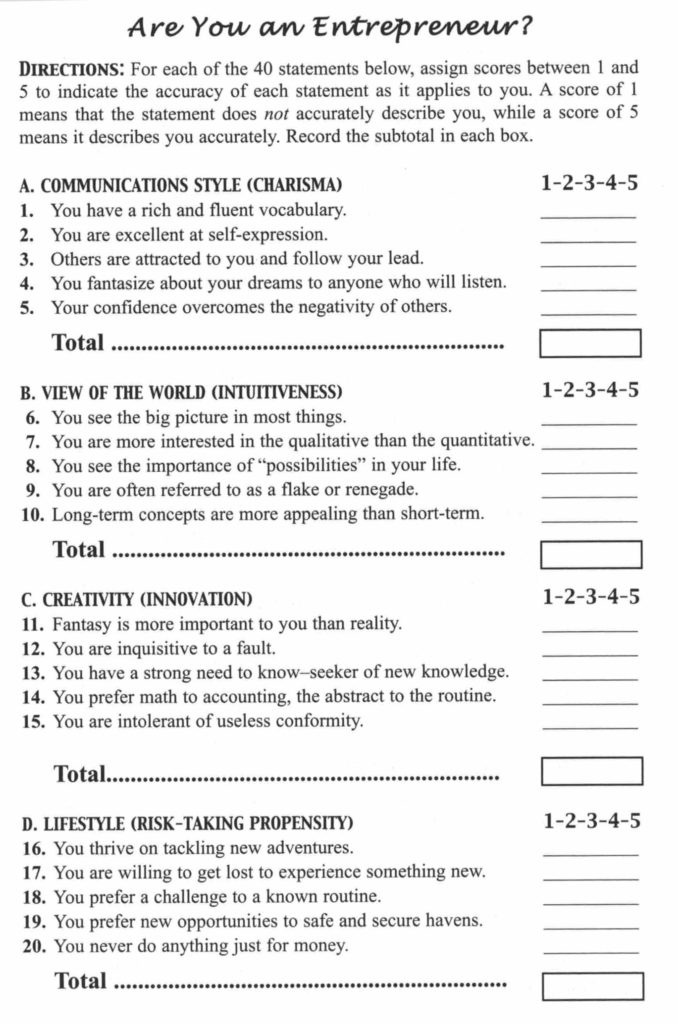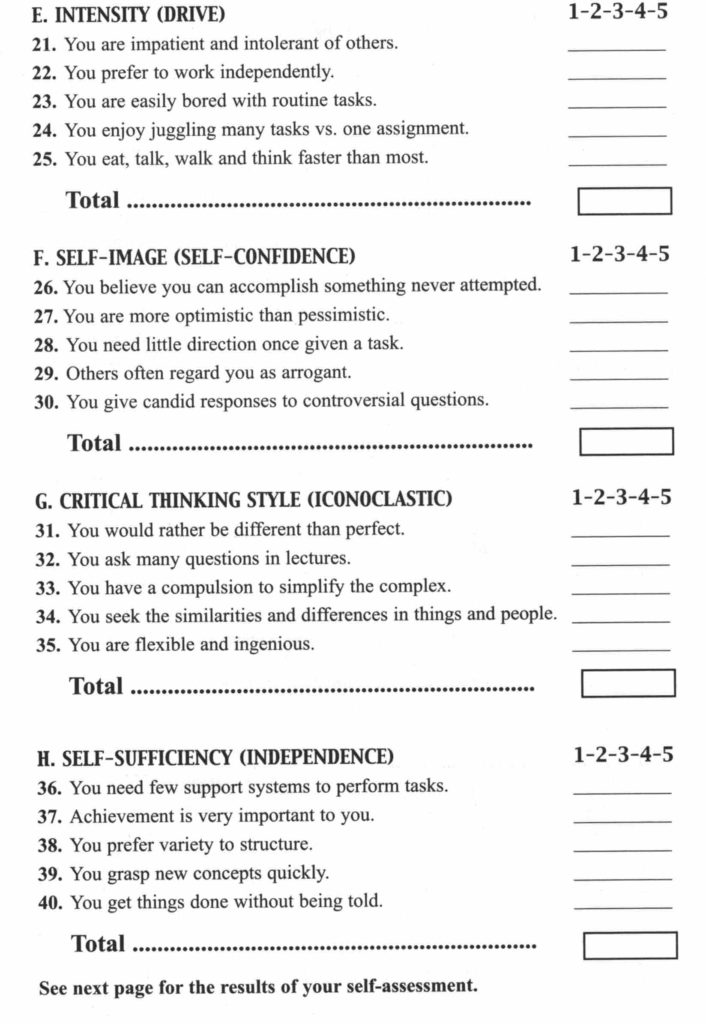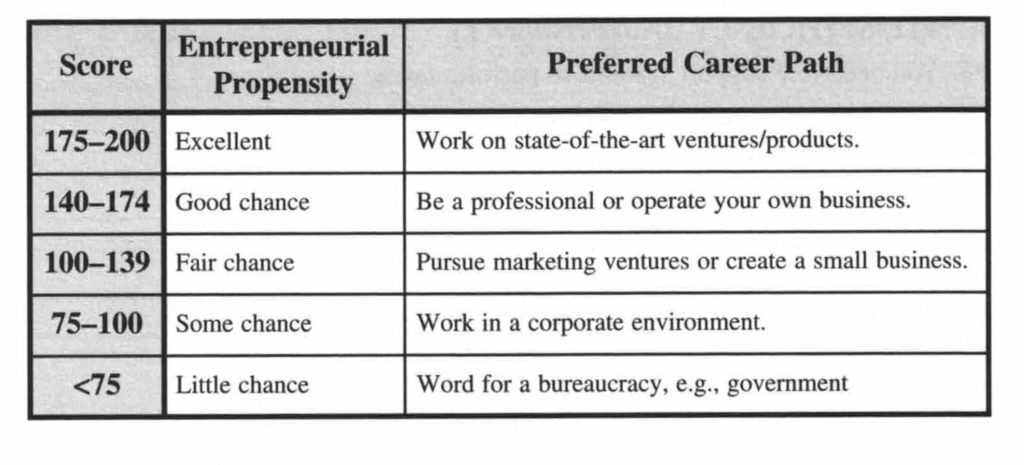
In 1977, when Gene Landrum, was building the prototype for the Chuck E. Cheese chain of restaurants, and installed a ball-crawl apparatus within the restaurant, conventional restauranteurs were aghast. Many said the idea was absurd, because allocating space to a children’s playground in a restaurant was not cost effective. Others said the noise would interfere with the casual conversation that people expect in a restaurant environment. His new idea met with considerable resistance–that is, until it proved to be highly successful–and then everyone, including MacDonald’s began to install playground facilities in some of their locations. His successful Chuck E. Cheese chain spread from California across the entire United States.
During those years, Gene had the opportunity to study other entrepreneurs in Silicon Valley and observed how they shared certain personality attributes that distinguished them from average Americans. These characteristics that he called Landrum’s Laws of Entrepreneurial Genius became his doctoral thesis for a Ph.D. in psychology. He subsequently expanded on these findings and published them in a book titled, Entrepreneurial Genius: The Power of Passion.
In that book, Dr. Landrum included a questionnaire to enable the reader to self-assess their qualifications as a potential entrepreneur. That 40-item test along with a scoring key is presented below. While this test will provide no guarantees of success or failure, it may provide you with a rough idea of whether you are cut out to start your own business.


Scoring Device
This assessment instrument was based on my research on 50 eminent entrepreneurs and 50 visionary leaders, artists and scientists. Propensity for entrepreneurship, as in most things, is a matter of degree and your assessment of this degree is, of course, subjective. For these reasons, the results of this assessment should be regarded as a first step in determining whether you’re cut out to be an entrepreneur. If you score high in entrepreneurial propensity, it does not guarantee that you will be a successful entrepreneur, and a low score should not discourage you from pursuing your passion in an entrepreneurial direction. However, the power of this instrument is that it provides a mechanism for you to assess the likelihood that you have the personality that is consistent with entrepreneurial success. Some people are better suited to work for themselves, while others are more content with a job; a few (3–6%) should spend their lives creating new paradigms or changing the world.
To determine your overall entrepreneurial propensity, total the numbers in the eight boxes from A through H to obtain a grand total. Then find where your total fits in the table below to determine your preferred career path.
For each of the eight personality characteristics (A through H), a score between 18 and 25 indicates a strong presence of that trait in your personality.
Charisma is critical to selling your ideas, raising money, and motivating a work force.
Intuition is important in identifying market needs and creating products to meet them.
Strong self-image is necessary to sustain you against the resistance of nay-sayers.
Risk-taking propensity is a prerequisite to charting new unknown territory.
Iconoclastic thinking is also a prerequisite to the creative destruction necessary.
Passion is highly correlated with success; get excited or get a job.

More information on Landrum’s Laws of Entrepreneurial Genius can be found at: https://www.intelligence-and-iq.com/entrepreneurial-genius/
